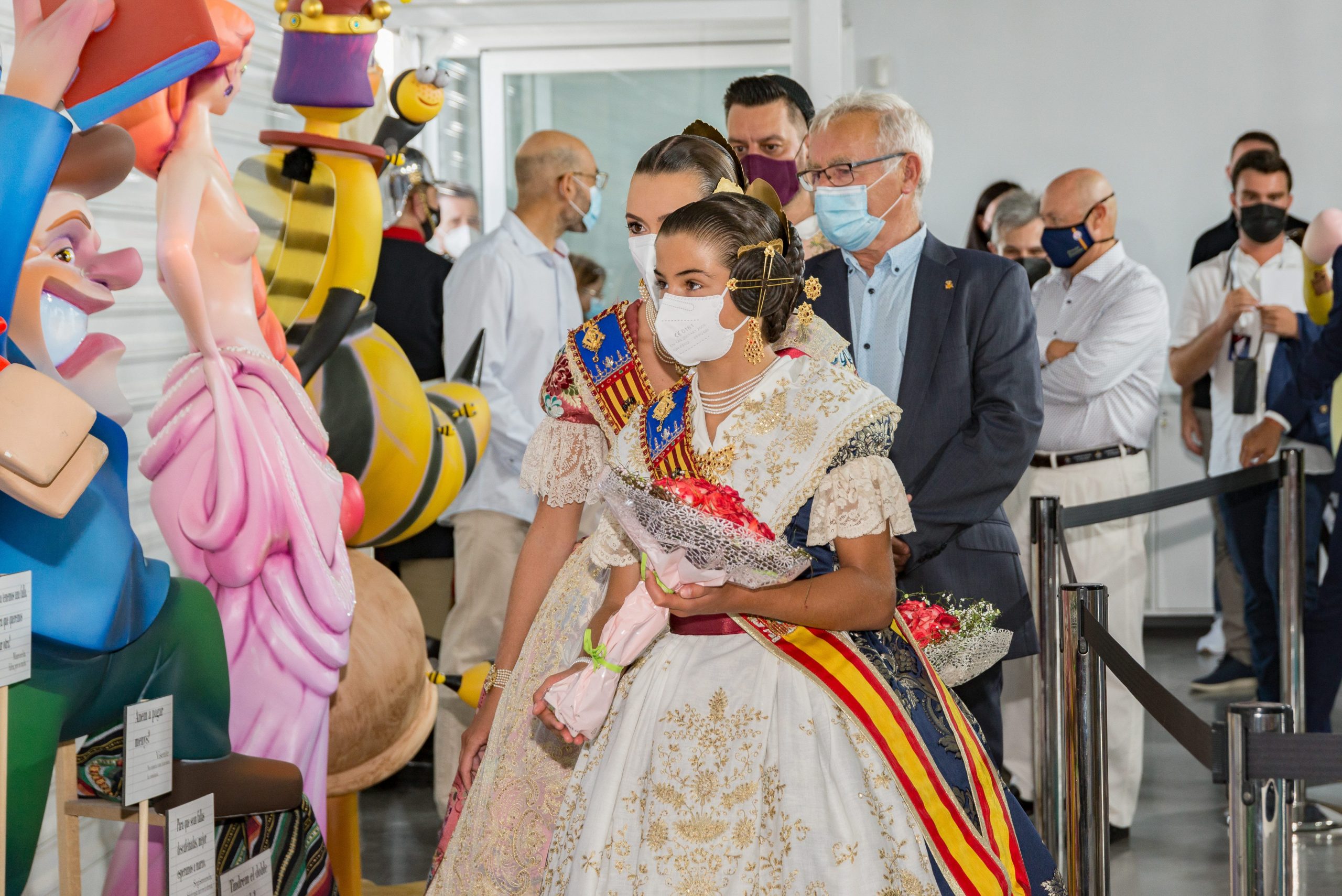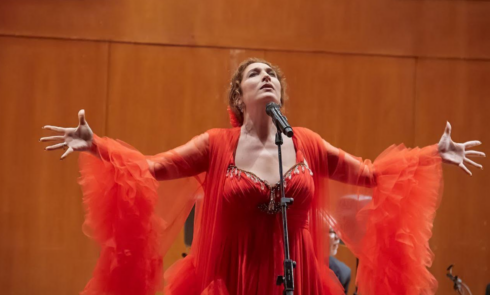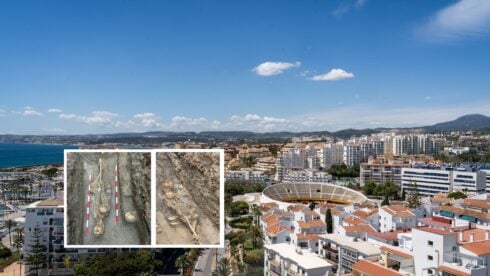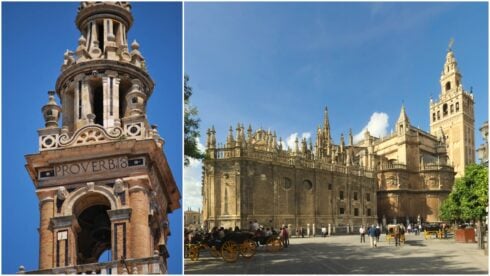FINALLY, more than two years later, the Fallas have returned to Valencia city.
By far the region’s most characteristic and world-famous festivity, last year’s cancellation due to COVID was only the sixth occasion when the huge and colourful papier-mâché statues failed to adorn the streets of the capital city since the event was started in the 19th century.
These are being hailed as the strangest Fallas in history, as the main celebrations always take place between March 15 and 19, with months of preparations and warm-up events beforehand.
With the completed monuments stored at Feria Valencia conference and events hall since last year, from where they began to be transported to their usual sites throughout the city over the weekend, this is the first time ever that the ninots (statues) have been set up in the middle of summer.
Furthermore, most major public events have been cancelled due to sanitary precautions, prompting Valencia Mayor Joan Ribo to insist that ‘these are not Fallas as such, more like Fallas-related events that comply with the regulations’.

Highlights such as the daily mascleta firecracker detonations in the City Hall square and all major firework displays have been dropped this year, although the flower offering to the Virgin Mary will finally go ahead after much debate – but without the usual thousands of spectators lining the route.
Although the ongoing vaccination campaign and the restrictions enforced by the Generalitat have led to a sharp drop in COVID infections and deaths in recent weeks, the focus of this year’s Fallas in Valencia city has been placed firmly on the monuments themselves, to be visited and admired during the day as yet another tourist attraction instead of a large party.
The nocturnal curfew at 1 am will be maintained for the duration of the ‘non-Fallas’, with the main events scheduled for September 1 to 5 culminating with the obligatory crema (‘burning’) of the statues.
With the cancellation of the mascletas, the roadblocks and traffic disruption that are an integral part of the Fallas will not be as severe this year, although most roads through the city centre are due to be closed from September 2 to 6.
For a full programme of the Fallas 2021 in Valencia, visit https://www.visitvalencia.com/en/events-valencia/fallas-festival-events-calendar-2021
Although the regional capital is by far the main hub of the Fallas, similar events usually take place in several other towns and cities throughout Valencia and Alicante provinces, all of which have decided to cancel them completely again this year, while Castellon has also announced the cancellation of the Magdalena festivities.
READ MORE:
- FALLAS IN SEPTEMBER: Iconic Fallas festivities in Spain’s Valencia region will take place in September this year
- BLOWN OUT AGAIN: Valencia’s Fallas cancelled for second consecutive year due to COVID
Click here to read more Valencia News from The Olive Press.







